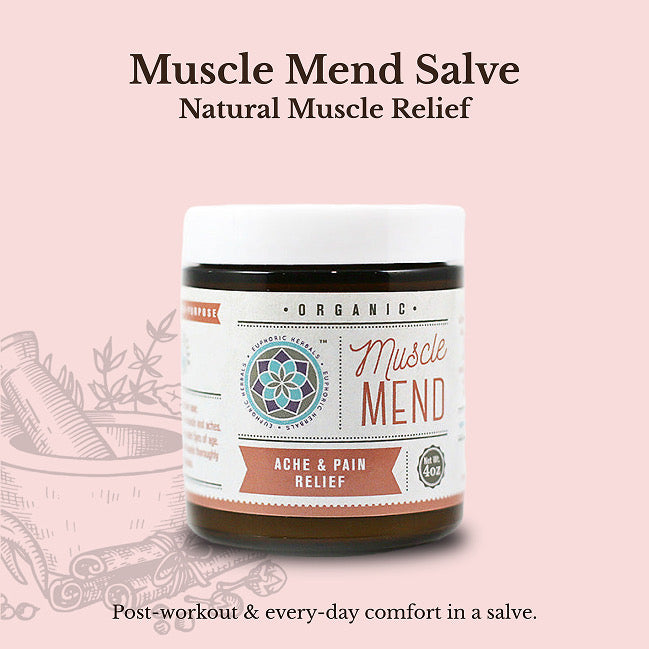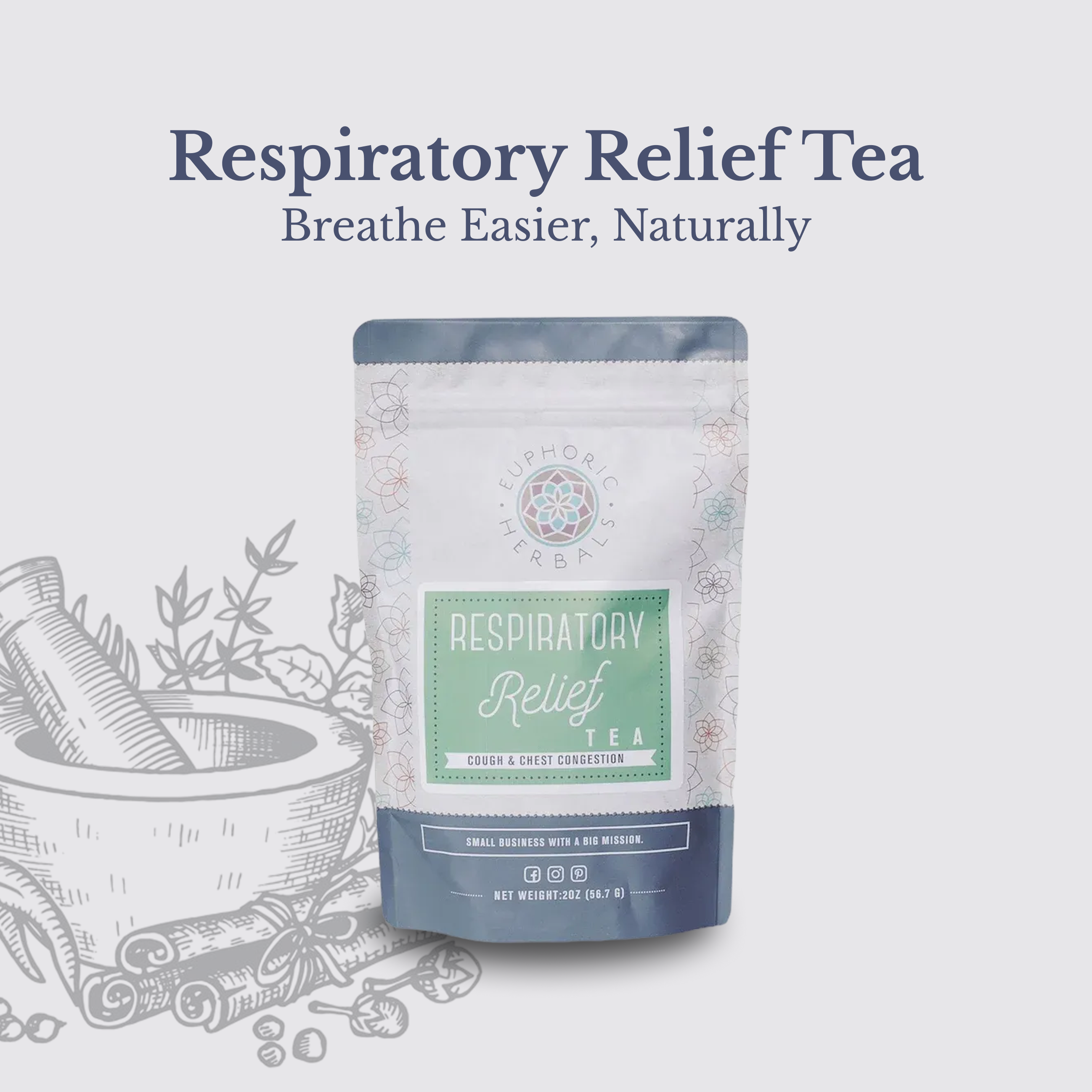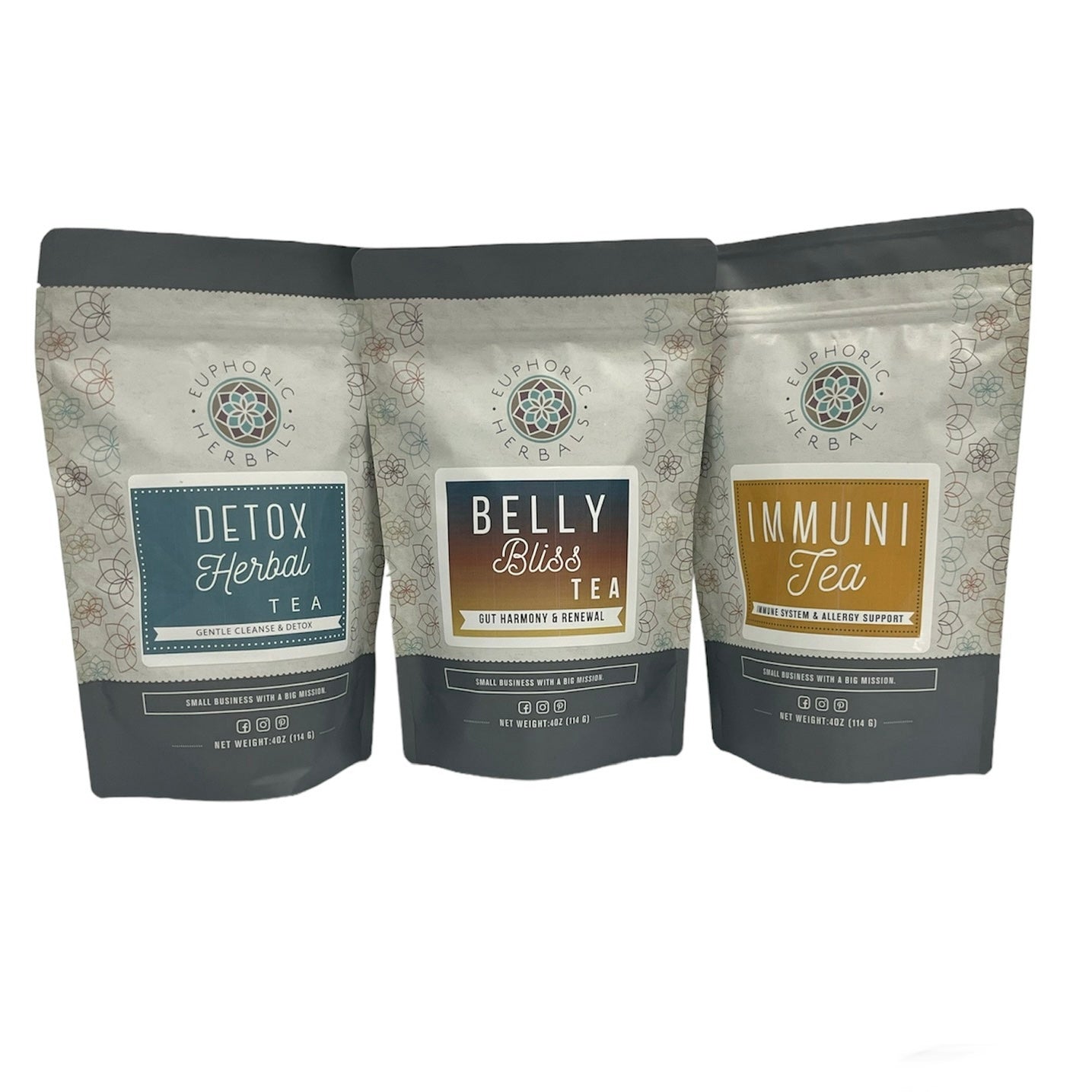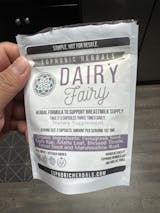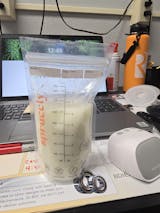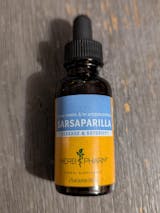Hyssop is an ancient herb that has seen use for thousands of years. It's mentioned in the Old Testament as an herb used for cleansing and was "prescribed" by the ancient Greek physician Dioscorides for respiratory ailments.
The sweet, minty aroma of hyssop also made it a favorite strewing herb back when bathing wasn't common and indoor air needed to be freshened naturally.
This herb is still valued today, although fewer people have heard of it and know how to use it. Here's more about the special health benefits of hyssop and how you can enjoy it.
What is Hyssop Herb?
Hyssop is a lovely garden plant and medicinal herb that is originally native to the Mediterranean. It belongs to the mint family and has now become naturalized in much of North America as well as other continents.
There are several varieties of hyssop, but the type most commonly cultivated as an herb is Hyssopus officinalis. Don't confuse true hyssop with another plant known as anise hyssop or agastache (Agastache foeniculum). Both can be brewed into a delicious tea but don't have the same properties.
If you want to try growing your own herbs, hyssop is a great addition to any herb garden. It grows easily (like all members of the mint family) and attracts pollinators with its blue, pink, or lavender blooms.
As a fresh herb, hyssop leaves can be harvested anytime before the plant flowers, but the beneficial essential oils will be the most concentrated right before blooms appear.
The flowers themselves can also be collected and used on their own or alongside the leaves.
Of course, you can also buy dried hyssop if you don't have any fresh plants around and use it to make tea and other herbal preparations.
What are the Top Health Benefits of Hyssop?
Eases Respiratory Issues & Coughing

One of the most common uses for hyssop throughout the years has been as a respiratory aid.
Hyssop is an expectorant herb that helps to loosen mucus in the chest and promotes productive coughing. It may also help with sinus congestion as in the case of the common cold or sinus infections.
In addition, hyssop is thought to have antispasmodic properties that ease coughing and help to relax the airways. Some research indicates it may even be helpful for asthma. (1)
For colds accompanied by coughing and a fever, try an old remedy of equal parts hyssop and horehound made into a tea and consumed as needed.
Supportive During Colds & Fevers
Hyssop can help to support immune function during an upper respiratory illness, and it also has the added bonus of providing fever relief as a diaphoretic herb.
Diaphoretic herbs work by raising your body temperature and promoting sweating. This has the ultimate effect of helping to cool your body and is the definition of "sweating out" a fever. (This is opposed to simply stopping a fever, which is a natural infection-fighting mechanism, like many medications do.)
Hyssop helps to push out coldness while opening your pores and inducing sweat, which makes it best for slight fevers accompanied by chills or shivers.
It can even help with an irritated throat, like in this Soothing Herbal Throat Spray.
Aids Digestion

Like many other members of the mint family, one of the top health benefits of hyssop is digestive support.
The herb contains bitter plant compounds that stimulate the production of digestive enzymes as well as bile from the liver. This aids the overall digestive process and helps your body absorb nutrients from food more effectively.
Hyssop can be soothing for digestion at any time but is especially helpful for a stagnant digestive system. You can drink it as a tea or take it as part of a bitters formula.
Helps Cleanse Your Body
Hyssop has always been used as an herb for cleansing. This was its use in the Bible, and many cultures have used it for ceremonial cleansing and to purify buildings and rooms.
By improving your digestion, hyssop can also help cleanse your body, since your digestive system plays a big role in getting harmful toxins and waste products out of your body.
Traditionally, hyssop has also been used as an herb for a parasite cleanse because it's thought to expel certain types of parasites (studies haven't confirmed this yet).
Eases Pain & Bruises

Hyssop is one of the lesser known herbs for pain and inflammation, but it can be quite effective, especially for bruises.
By improving circulation and decreasing swelling, hyssop can help a bruise to go away more quickly when used as a poultice applied to the affected area.
In years past, hyssop was also made into a tea or infused into bath water to help with arthritis and rheumatism. You can also try using the essential oil diluted in a carrier oil as a rub for sore muscles and joints.
Full of Antioxidants that Support Healthy Skin
One of the more recently discovered health benefits of hyssop is that it's full of antioxidants, which could make it a beneficial addition to skincare. (2)
Antioxidants have many roles, including preventing signs of aging in your skin.
Of course, there's nothing wrong with looking older and wiser as you age, but sometimes skin can age prematurely because of environmental toxins or too much UV exposure. Antioxidants help prevent this and also help renew your skin at the cellular level.
Hyssop oil also appears to have antimicrobial properties, which could be helpful for acne and other skin issues. (3)
How to use Use Hyssop for Health Benefits
Hyssop can be used many different ways but the two most common are a tea or a syrup.
To make a somewhat minty and strongly aromatic tea, simply use 1-2 teaspoons of the dried herb and pour 8-10 ounces of hot water over it. Let the tea steep covered for 10-15 minutes or longer for an herbal infusion. Then, strain out the herbs and drink as often as needed.
For a sweeter remedy, follow the instructions for how to make an herbal syrup, using hyssop as your herb of choice.
Other ways to take or use hyssop include as a tincture, an oxymel, an essential oil, and a bath tea.
Precautions
There are few precautions for hyssop, but it is an emmenagogue, which means it stimulates the pelvic area and can help bring on a delayed menstrual cycle. This can be a benefit (for those with delayed cycles) but means that hyssop should be avoided during pregnancy.
Extremely large doses of the herb or essential oil (many times the normal daily amount) can cause convulsions or seizures.
Enjoying the Ancient Cleansing Herb
Hyssop may have been used since ancient times but that doesn't mean it's not still beneficial today. It is an especially supportive herb during illness (particularly respiratory infections) and very helpful for digestion.
Why not try growing this herb yourself, or buy some from an herbal store to discover the power of hyssop tea and syrup for yourself?
Disclaimer: This post is for informational purposes only. It does not constitute medical advice and should not be substituted for medical advice. Please consult your health care provider, herbalist, midwife, or naturopathic physician before taking herbs, supplements, etc. Here's the link to our full disclaimer.






















































































































































































